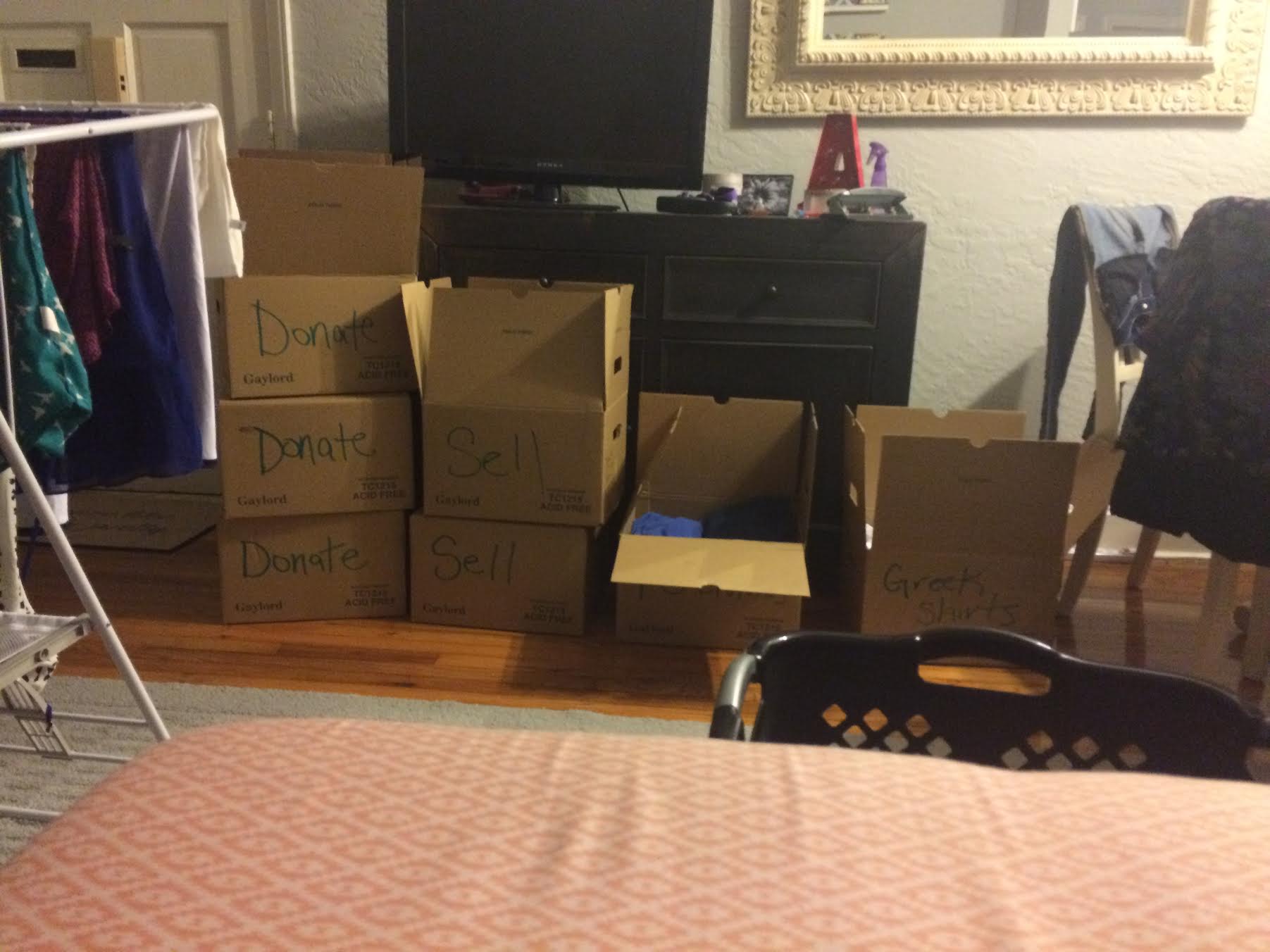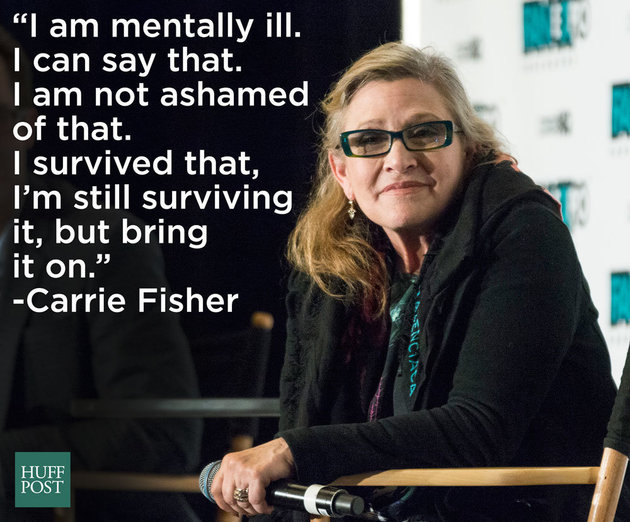It has taken me over a week to work up the courage to post this, but I think it is really important to draw attention to issues that need change. I hope that this blog post is seen as such- a call to action- and not a piece rooted in judgement or malice.
Every December, fraternity and sorority life professionals gather together to share new ideas, network with other professionals, and challenge the future of the fraternal movement. That week is one of the most draining, inspiring, challenging, and straight-up difficult of my year. After attending four previous annual meetings, I thought that I had gotten this conference hustle down pat- attending sessions, meeting up with old friends, making new connections. However, this annual meeting was different and I am leaving with a hint of frustration mixed in with my feelings of exhaustion and hope.
I have always been hyper-aware of my identity and how others may perceive the different layers that make me the person I am. This was the first year that my identity within the profession has changed. It was last year’s annual meeting that pushed me to start evaluating the front that I had used to protect myself from other’s judgment. Unfortunately, within my profession, there is a silent fog of hypocrisy that always rolls over our annual meeting. As educators, we teach authenticity, vulnerability, and compassion to our students; yet at our own yearly gathering, we often fail to check our own unpleasant actions and behaviors. We dress to the nines and celebrate the “fashion show” while slipping side eye towards those that don’t look the part. We build these inner circles and slip individuals up onto pedestals to create our own internal hierarchy that ostracizes many. We gossip and shame and judge and generate insincere personalities that are not reflective of our true selves. Of course, this is a broad generalization and not all fall prey to it, but it is something that many of my peers have complained about.
I will be the first to admit that I have played into this game for many years- I have my idols within the profession and have strategically saved up to buy all new clothes for each meeting and have yearned to wiggle my way into the elite inner circle of association celebrities. But I’ve grown tired of trying to be someone that I am not. Last year was my turning point- I left our meeting tired, unfulfilled, and disappointed. That was the catalyst to spark my own self-discovery that has led me on this new journey. How could I possibly be an advocate for authenticity, vulnerability, and compassion if I wasn’t living that life myself? I needed to look in the mirror.
That is one reason why I decided to start sharing my story. This professional woman with new clothes, a big smile, and compliment for everyone was not what she appeared to be. Beneath the red lipstick and Kate Spade bags was crippling anxiety, depression, self-loathing, and a little voice reminding me that I would never be good enough. I got tired of being two people. It was time to start sharing my story and embracing the person I was at my core, not just in my heels. In doing so, I deeply wove vulnerability into my identity- to be authentic is to be vulnerable. That has become a part of who I am.
Which made this meeting extraordinarily hard. Although I have surrounded myself with amazing friends and colleagues who are so supportive of what I am doing- sharing my personal story and working towards become a mental health advocate- I still experienced some of negative effects of my new identity. People I have known for years treated me differently- softer, like I was a fragile doll. When walking by a conversation, I caught the shifty eyes of someone who was caught talking about me. I had not anticipated this… in a hotel full of colleagues who believe in values congruence and building people up, I felt stripped down, alienated, and (once again) like I was not good enough.
So this is my call to action. One year ago, the annual meeting of my profession caused me to reevaluate the life I had been living and set me on an amazing path towards finding myself. This year, I am going to focus on how our systems, organizations, relationships can be made better by stripping down to the core of who we are, how we treat people, and intersectionality of the two. What would our annual meeting look like if we could be real, like really real, with one another? What would our world look like? What changes could we make?
Next time you sit in front of a mirror, ask yourself “am I living a life that is reflective of who I truly am and who I strive to be?” If the answer is no, change it. If the answer is yes, go forth and ask someone else the same questions. That is our challenge.





 Photo from the Huffington Post's amazing
Photo from the Huffington Post's amazing 